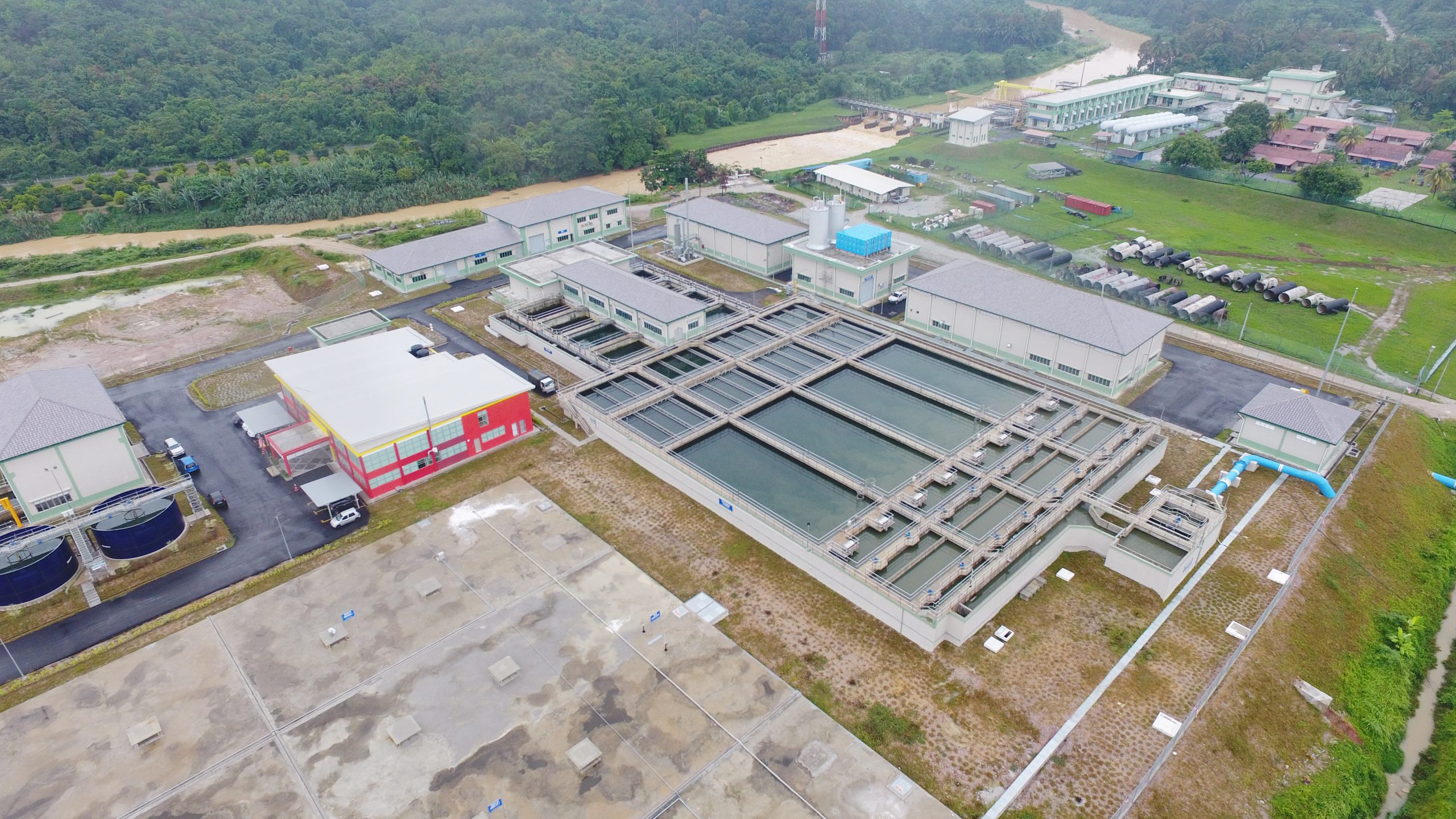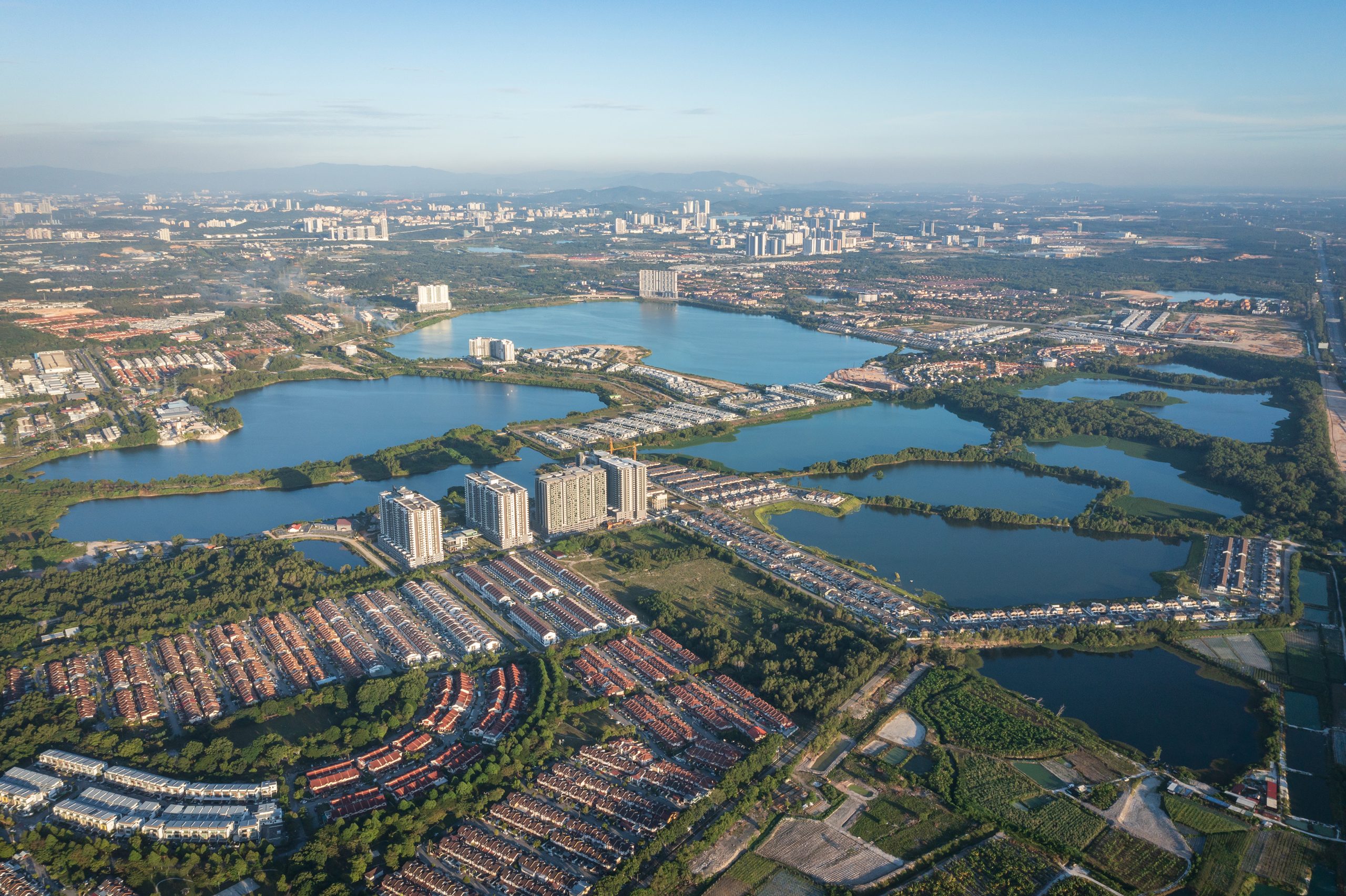Posted on
Fighting against the current of water loss
Air Selangor’s strides in reducing non-revenue water (NRW) gain momentum, saving an average of 12 million cubic meters of water a year
WATER scarcity is a global concern, and addressing the issue of non-revenue water (NRW) is crucial for an efficient and sustainable water management.
NRW refers to clean and safe-treated water that is lost during the distribution of water supply from the water treatment plant to consumers.
As the largest water services provider in Malaysia, Air Selangor has been taking significant strides in reducing NRW and optimising water distribution to homes – ensuring a reliable water supply to over nine million consumers across Selangor, Kuala Lumpur and Putrajaya.
NRW can be a result of several factors including pipe leaks or bursts, reservoir overflow, faulty or aged meters and water theft, leading to financial losses and resource wastage.
NRW could cause the water supply reserve margin to decrease – compromising the resilience of the water supply system.
Planning and implementation
Since the Selangor state government placed the management of treated water supply under its purview in 2016, Air Selangor made the strategic decision to conduct NRW reduction activities in-house, with full implementation in 2017.
This decision was driven by various factors including holistic policy, cost effectiveness, integration of work across departments, and talent retention within the organisation.
The 2017 in-house programme to reduce NRW encompassed:
- Actively detecting leaks in the main pipes as well as its network of smaller reticulation pipes within the distribution chain.
- Recruitment and development of leak specialists and leak inspectors to implement active leakage control.
- Establishment of new district metering zones (DMZ) by breaking down a large network into smaller, isolated areas. This is followed by the implementation of water pressure management to reduce pipe leaks and pipe bursts.
- Technology intervention:
- pressure transient monitoring system that detects anomalies like rapid pressure surges as well as pipe leaks or pipe bursts;
- permanent leak noise correlating loggers to analyse acoustic signals and automatically pinpoint leak locations within the distribution network;
- intelligent command centre to integrate data from various sensors, allowing real-time decision-making and swift response to leaks or pressure changes.
- Degraded and faulty meter replacement for accurate consumption billing.
- Replacement of ageing and deteriorating pipes.
- Addressing unauthorised or illegal tappings to water supply networks, which can lead to water losses, as well as impact to the integrity of the distribution system and water quality.
Yearly reduction goals
With these strategies, Air Selangor has reduced NRW levels from 33.3% in 2017 to 27.8% in 2022 – at an average reduction of about 1% per year.
While this may seem like a drop in the ocean, 1% actually equates to about 33 million litres per day (MLD) – water that would actually reach about 125,000 people a day.
Furthermore, Air Selangor met the target set by the government under the National NRW Reduction Programme through Approach 2 from 2019 to 2021. Through this programme, a grant was provided to encourage effective and consistent reduction of NRW based on targets set by Suruhanjaya Perkhidmatan Air Negara (SPAN).
A noteworthy milestone for Air Selangor is the number of current pipe burst cases which stood at a mere 4.3 cases per 100km per year, significantly below the international benchmark for pipe burst index (PBI) of 13 cases per 100km per year. Air Selangor’s PBI has reduced by more than 70% since 2017.
To curb NRW, Air Selangor has invested as much as RM1.06bil in capex and opex from 2017 to 2022, with RM763mil allocated for the replacement of ageing water pipes.
Air Selangor has also actively consulted with utility experts globally to adopt best practices and conduct benchmarking initiatives, ensuring a comparable standard.
Community engagement
Realising the need to involve the wider community in order to achieve further reduction of NRW, the Leak Reporting Campaign was launched among Air Selangor’s consumers and workforce to encourage them to report any leaks – from pipe leak, pipe burst, meter leak and suspected illegal tapping – through the new “Report Leaks” feature in the Air Selangor app.
With this feature and campaign, Air Selangor is able to swiftly identify and rectify leaks, thereby reducing water loss and conserving resources.
Since its inception in August 2023, the campaign has generated encouraging consumer leak reports, with over 16,000 cases repaired as of November 2023, signifying not only the effectiveness of the campaign, but also the start of NRW reduction through a collective effort.
In the pipeline
Air Selangor is already refining its strategies to strengthen and elevate ongoing programmes, resonating with its commitment to operational efficiency and service excellence.
There are also plans to double the length of the pipes that will be needed for replacements from 150km to 300km while the Leak Reporting Campaign via the Air Selangor app will be extended for continued awareness and participation.
Through all of these and more, Air Selangor has sights set on achieving a reduction in NRW levels to 27.5% by 2025, and a subsequent decrease to 25% by 2030.
Published on The Star dated 22 December 2023: The Star
Tags:
Our Efforts




